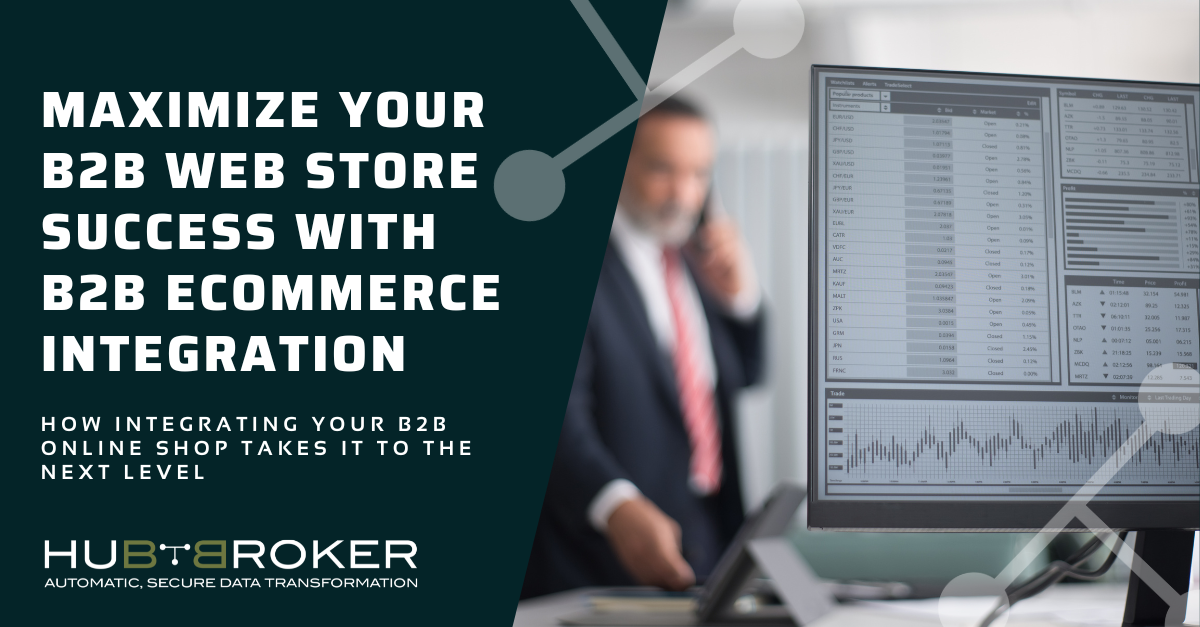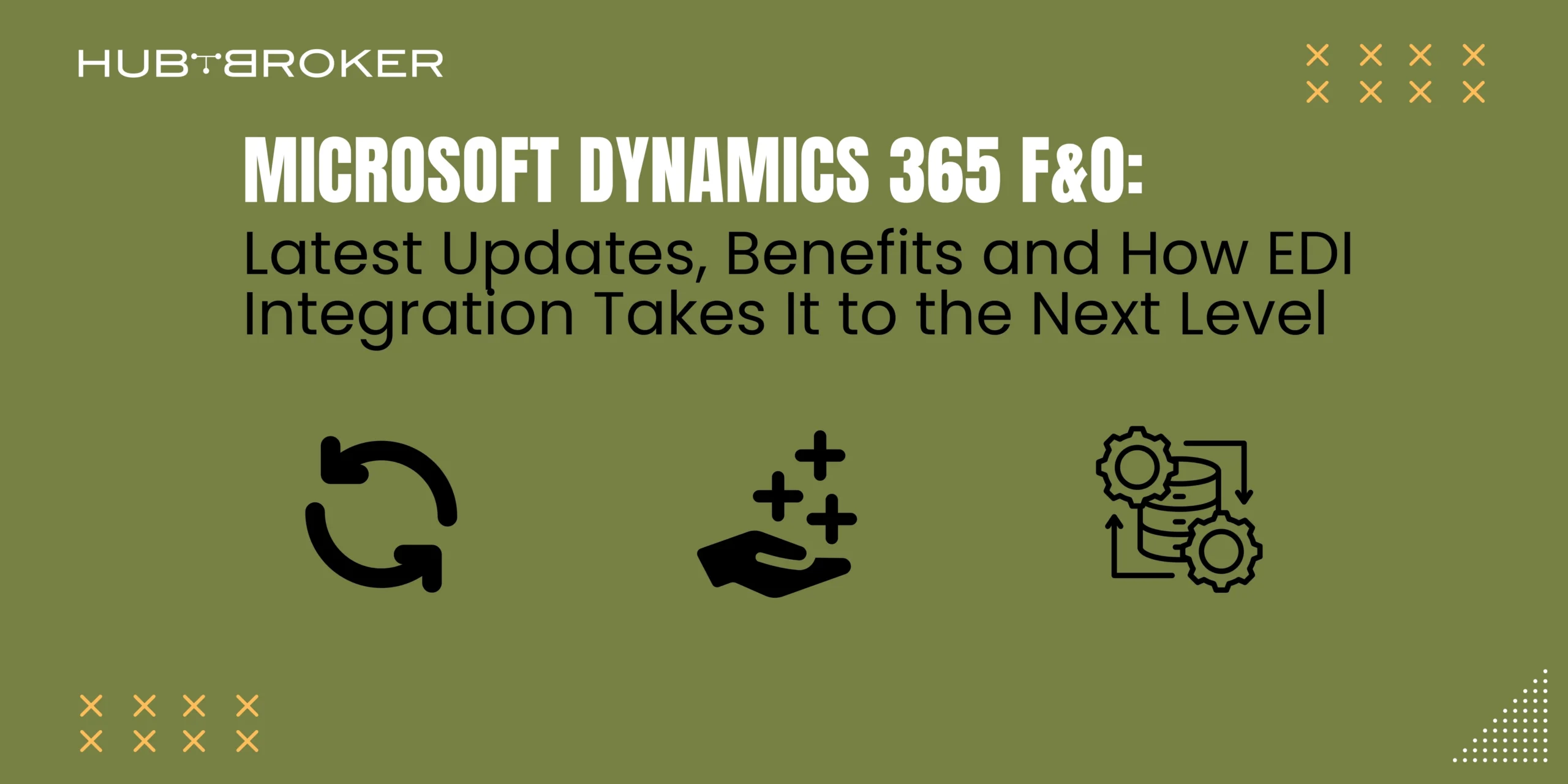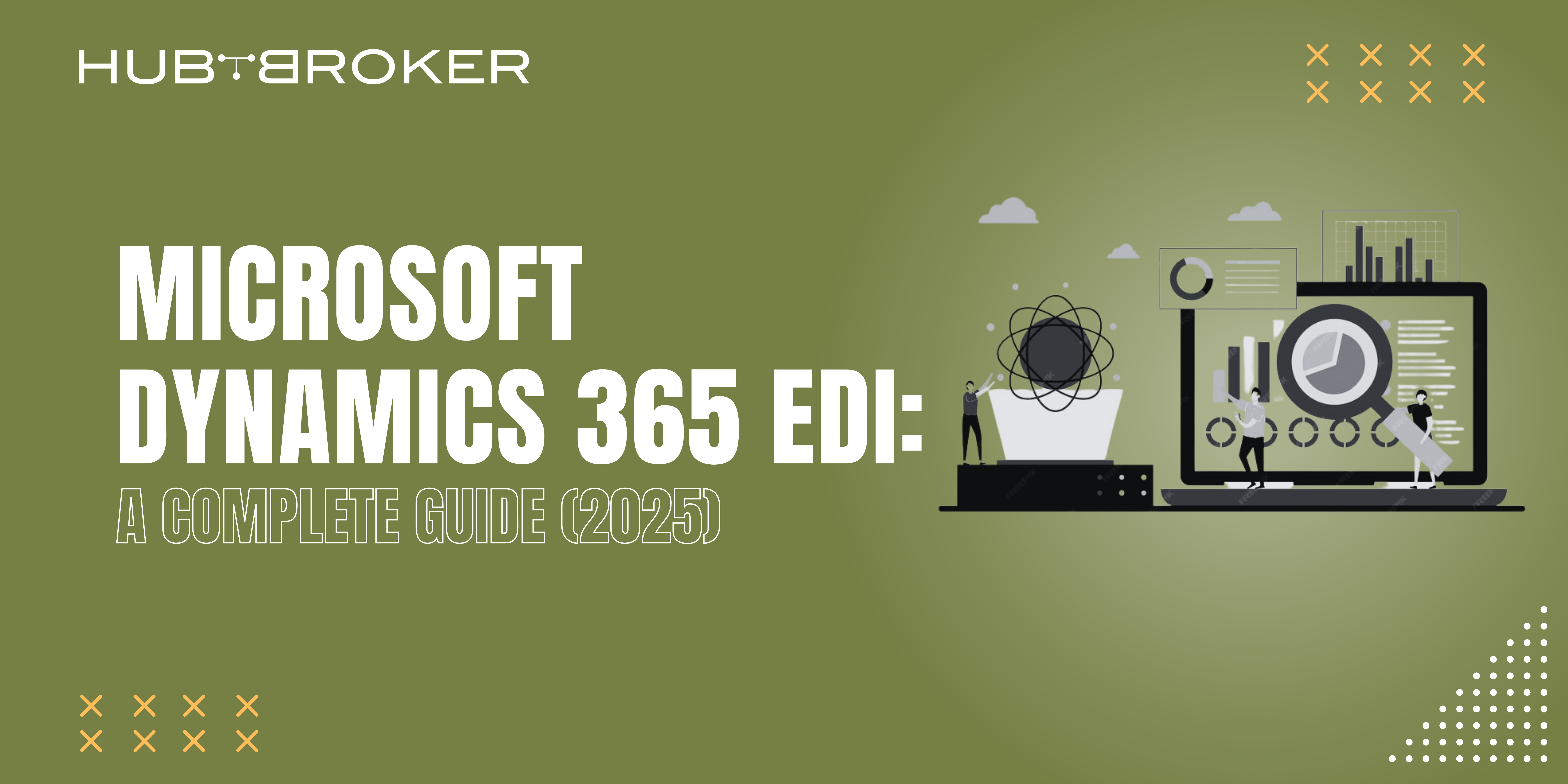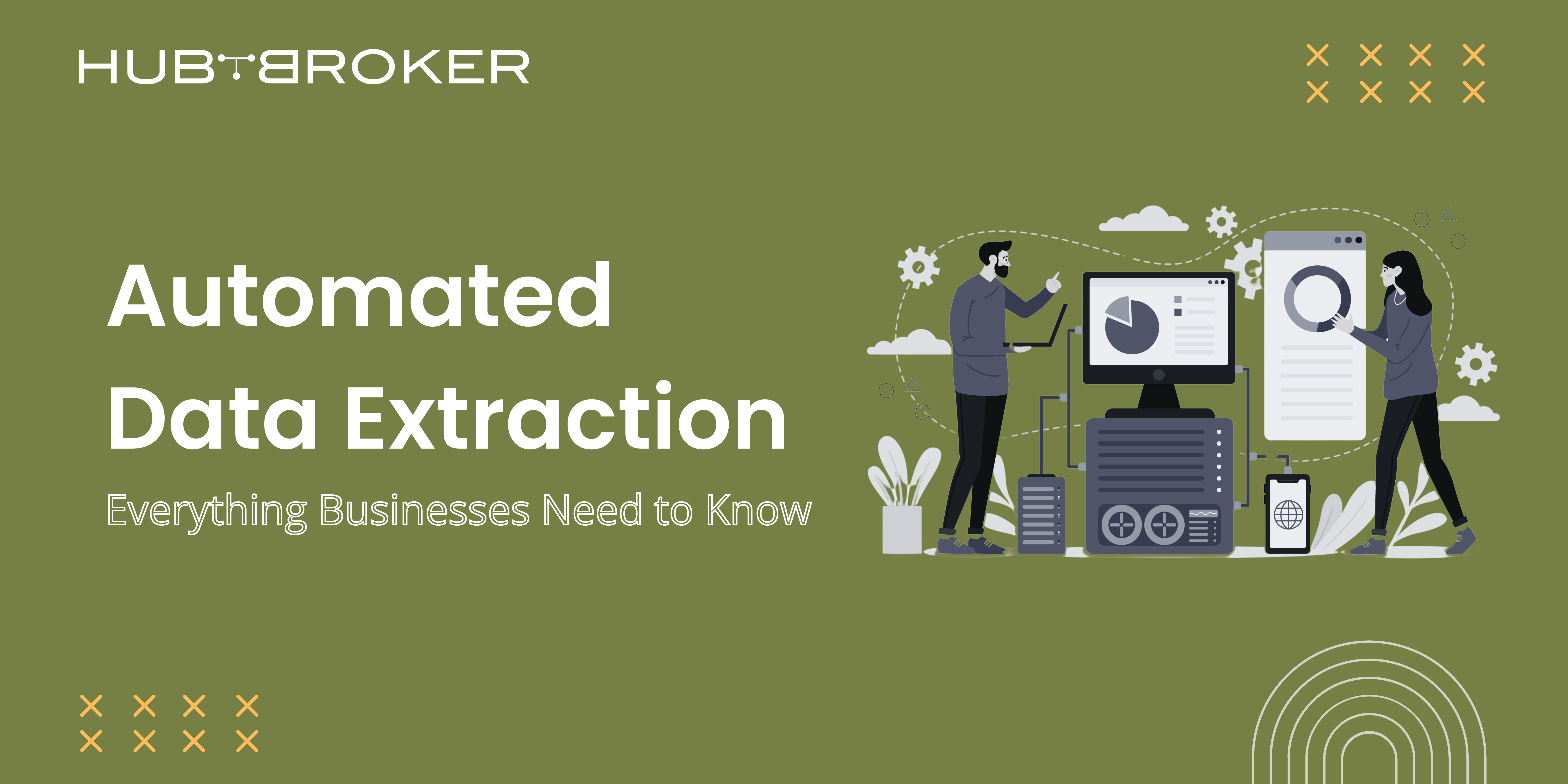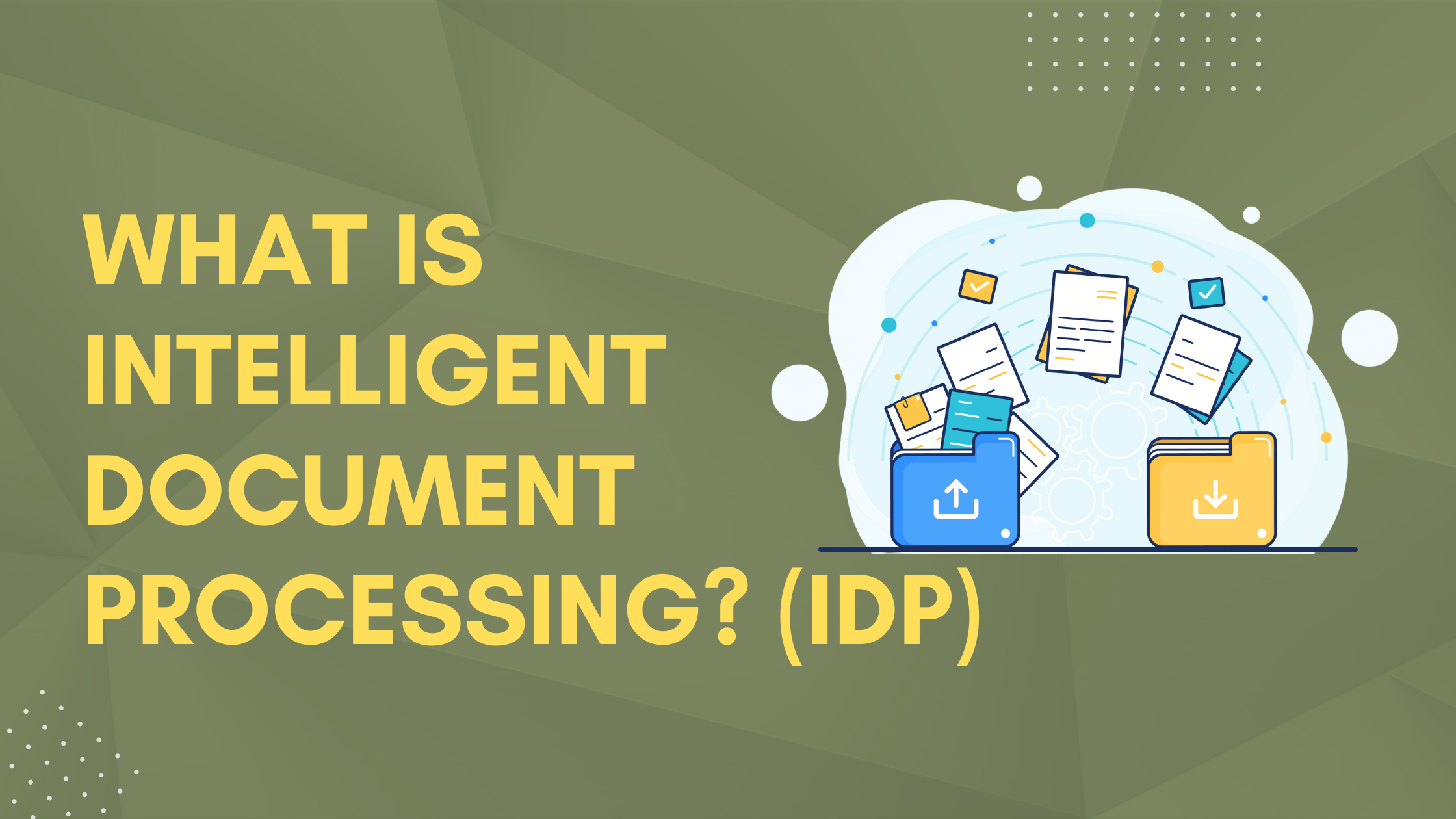As the digital age continues to evolve, B2B e-commerce is growing rapidly. The impact of COVID-19 in 2020 highlighted the importance of having an online store as a key sales channel. B2B web stores provide many opportunities to expand reach through direct sales while offering manufacturers improved margins and enhanced customer loyalty compared to traditional retail outlets.
However, only some B2B e-commerce initiatives are destined for success from the outset. Establishing the right infrastructure for a B2B online shop can be complex and challenging. Despite investing significant time and money in launching a B2B web shop, manufacturers often find that despite numerous visitors browsing the site, only a few business customers make a purchase.
The reason for this could be the lack of preparation in exploiting the new sales channel created by the online shop. While many manufacturers have established EDI connections with their major customers for years, they may not be fully equipped to take advantage of their B2B web shop’s potential. But by implementing targeted measures from the start, manufacturers can avoid falling into this trap and maximize the success of their B2B e-commerce efforts.
Streamline Your B2B Online Store with Intelligent Integration
An online store offers a modern complement to traditional Electronic Data Interchange (EDI) and the added advantage of enabling individual employees to place orders directly and with the help of visualized data.
Online orders must be automatically recorded in the customer’s purchasing system to prevent duplicates and streamline processing. This includes invoicing, payment processing, and shipment tracking to help customers plan their production schedules and provide quotes to their customers.
It’s also essential that online orders are logged in your integrated ERP system. Your online store should be stocked with high-resolution images, comprehensive product details, customer-specific pricing, and updated stock levels to give customers the information they need to make informed purchasing decisions and track their deliveries.
To achieve seamless integration, it’s recommended to connect your online store to relevant business software such as your ERP system, PIM, CRM software, warehouse system, and logistics providers through a central hub. HubBroker offers a wide range of e-commerce connectors and partner profiles to simplify integration and make it cost-effective.
To provide a seamless experience for your business customers, automating the order logging process in their purchasing systems is crucial. This eliminates the risk of duplicated orders and enables the seamless flow of automated processing like invoicing, payment processing, shipment tracking, and more. Here are two options to achieve this:
OCI Catalogue Access and PunchOut from their SAP ERP System
Through Open Catalogue Interface (OCI), your customers’ employees can easily access your product catalog within their SAP ERP or SAP SRM system. This integration, also known as PunchOut, allows the transfer of chosen products to a shopping cart within SAP, triggering an order in their system.
All subsequent B2B processes are smoothly processed on both sides. This is a great option for business customers looking to centralize their product catalogs from various manufacturers in their SAP system.
The API for your online shop must be defined by you, while the OCI integration in your customer’s SAP system is their responsibility. Orders are processed in batches at scheduled intervals.
Please note that as the operator of your online shop, you will only receive orders once the B2B/EDI data has been transferred, and you won’t be able to measure traffic to your site. Only customers using a SAP inventory management system can access your catalog through this option.
Other ERP systems may also offer similar access options, but no universal interface exists.
Offer a Seamless Integration through an API
Ensure that your customers can automate their ordering process, even if they don’t use SAP as their ERP system. A great solution is to provide an Application Programming Interface (API) that can be easily integrated into their system. This means offering an API for your online store and one for your customers, enabling them to log their orders into their ERP system.
With an API in place, your customers’ orders will be sent directly to their ERP system and recorded in your ERP system (such as SAP). This ensures that your customers have the most up-to-date product information, including inventory, price, and product data. Additionally, you’ll be able to track order history and usage data for your online shop. Onboarding new API partners doesn’t have to be difficult, thanks to community management applications like those offered by HubBroker. Your customers will benefit greatly from an integration platform or cloud-based integration services, allowing their orders to be automatically logged into their purchasing system.
This also triggers further automated processes within their system. If your customer supports B2B/EDI, this can be used for all subsequent processes like order confirmation, delivery notification, invoicing, and payment. Additional tracking information can be shared through your online shop, email, or API.
Depending on your customers’ technical capabilities and real-time information needs, you can supplement or replace B2B communication with APIs for a smoother and more efficient ordering process.
Choosing the Right Integration Solution for Your B2B Online Shop
When it comes to integrating your B2B online shop, both options – using OCI catalog and PunchOut and using APIs – have their advantages. Option 2, using APIs, offers more comprehensive benefits, such as optimal shop usage, independence from your customers’ ERP system, and easy onboarding support. Additionally, this option requires less effort as you are not responsible for constantly updating the OCI catalog. Using APIs allows your customers to effortlessly access their orders and automate the logging process, regardless of their ERP system. Manufacturers must keep up with the evolving technology landscape, which is why it’s important to have a platform that can effectively manage and monitor API and EDI communication cost-efficiently.
Maximize Your B2B Online Store Potential with Comprehensive Integration
A B2B online store’s success lies in its seamless integration with your and your customers’ IT systems. Both REST APIs and traditional B2B/EDI play important roles in this integration. If you or your customers lack the necessary knowledge and expertise, some digital partners can help you tap into the full potential of your B2B online store. This includes:
- B2B/EDI Integration: This solution maps your business processes with your customers after they place an online order. The process is easy if you have already used B2B/EDI with your customers. If you need further assistance, HubBroker offers B2B/EDI services.
- API/EAI Integration: Use REST APIs to connect your B2B online store to all relevant business applications. This ensures that customers make purchasing decisions based on accurate and up-to-date data, with continuously monitored processes, including integrating your online business into your ERP (such as SAP).
- API Provisioning: Provide an API for your customers to access orders in a secure and controlled way, automating the process and making it digital, regardless of the ERP system they use. This allows customers to place orders from your B2B web store anytime and anywhere. Automating order processing is critical but may need to be supplemented with further API-based information about the order and delivery, especially for start-ups that may initially have a comprehensive e-commerce application but only API functionality.
This integration platform should provide the ability to map and monitor both API and EDI communication on one platform, making it easier to manage and streamline your processes. The platform should also be flexible and scalable, so you can easily add new customers, partners, or applications as your business grows.
A comprehensive, flexible integration solution will allow you to focus on your core business and drive success for your B2B online store. With the right integration platform, you can streamline operations, increase efficiency, and provide your customers with a seamless purchasing experience, regardless of their ERP system.
Whether you are a small start-up or a large enterprise, the right integration solution will help you make the most of your B2B online shop and keep your business running smoothly and efficiently.
Integrating your B2B online store leads to a better customer experience, increasing customer satisfaction and loyalty. This can result in repeat business and positive word-of-mouth marketing. Furthermore, integrating your online store streamlines your order processing, reducing the risk of manual errors and increasing efficiency. This translates into cost savings and improved profits for your business.
HubBroker’s e-commerce experts understand the importance of seamless integration and are here to help you make the most of your online store. By leveraging their extensive experience and expertise, you can take your B2B online store to the next level, boosting your sales and profits.
So why wait? Contact us and start reaping the benefits of integrated B2B e-commerce today!

